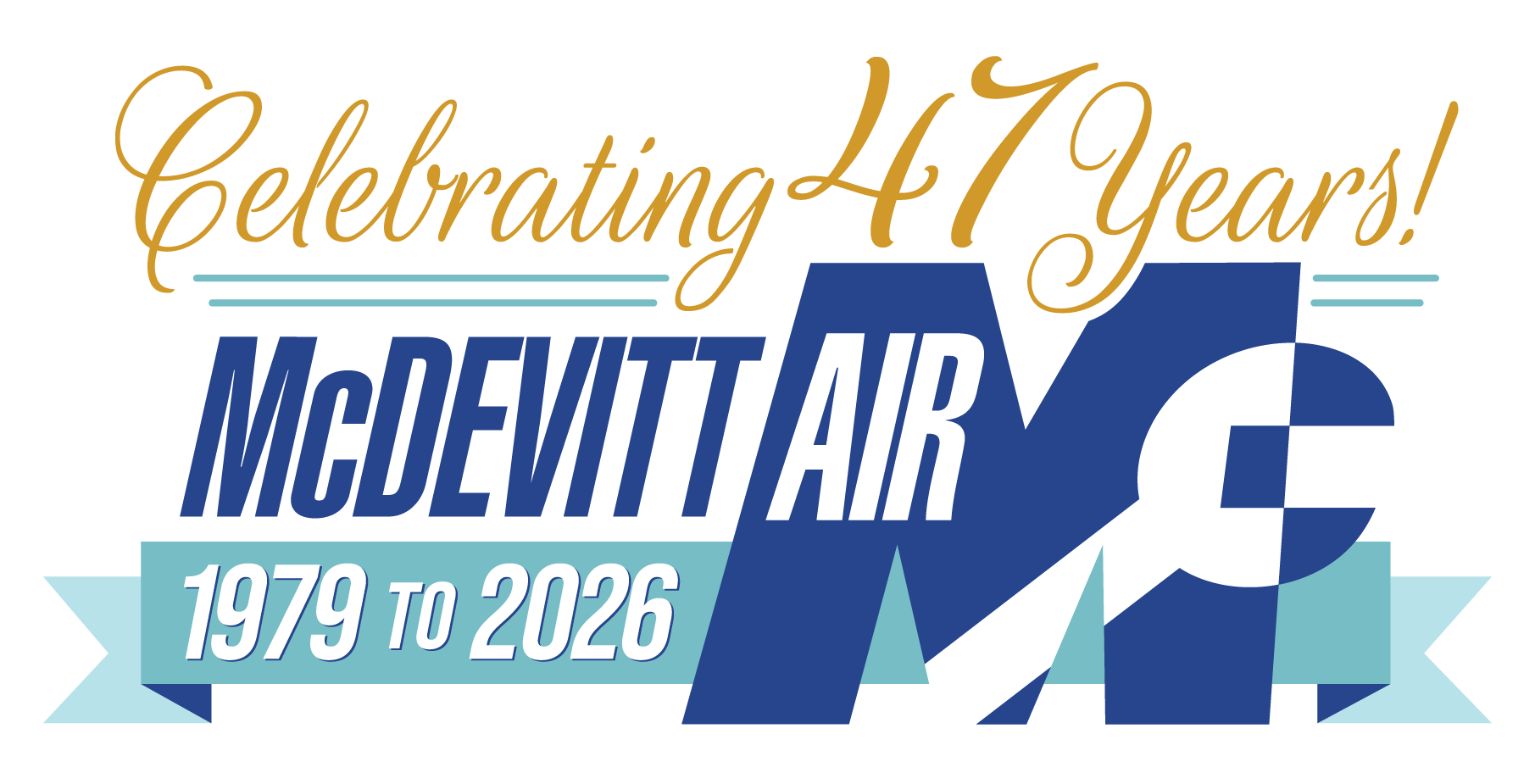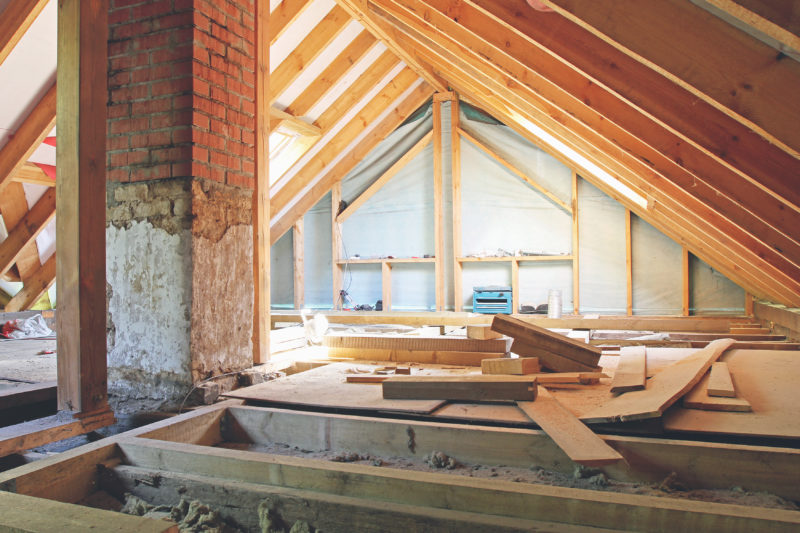Whether you’re adding on a room, renovating the kitchen, or reconfiguring the layout, remodeling your Bluffton, South Carolina, home can be an exciting time for your family. Before you start work, however, it’s important to minimize the impact on your heating and cooling system. To avoid expensive repairs, find out how to protect your HVAC system during a remodel.
Change the HVAC Filter Regularly
At McDevitt Air, we always recommend replacing the HVAC filter right before you start a remodel. A fresh filter is more capable of capturing dust, dirt, and debris from a construction project, so be sure to replace it at least once a month throughout the renovation period. Once you complete the project, replace the filter again so clean, pure air can circulate through your newly renovated home.
Cover the Vents
If construction debris slips into the ductwork, it can cause serious damage to your home’s HVAC system. To protect the ductwork, take care to close all registers and vents in the construction zone. Then use tarps or heavy-duty plastic sheeting to cover all registers and vents. Secure the sheeting in place to add an extra layer of protection.
Put the Thermostat in Manual Mode
If you have a smart or programmable thermostat, pause the usual cooling schedule and put the device in manual mode instead. Using this mode gives you greater control over air movement through your home, which can be helpful if your renovation project produces excessive construction dust and debris. When you’re anticipating a particularly dusty day, consider turning off the HVAC system entirely to prevent debris from circulating to other rooms.
Keep Dust and Dirt Under Control
Construction dust can have a serious effect on your home’s indoor air quality, so take steps to keep debris under control during the renovation. Rather than using saws or sanders indoors, do the work outside whenever possible. When you do have to work inside, vacuum sawdust and other debris to minimize indoor air quality issues. With this strategy, you’ll lessen the impact on your HVAC system and decrease cleanup time, too.
Add Extra Air Filtration
In many cases, adding extra filtration capabilities to your HVAC system can help your family stay healthy during and after the renovation. Our indoor air quality experts often recommend investing in an Infinity Air Purifier GAPA, which has the power to capture up to 95 percent of contaminants as small as 0.3 microns. With its minimum efficiency reporting value (MERV) 15 filter, along with the ability to capture and kill pathogens, this device can easily address air quality issues while purifying the air in every room of your home.
Schedule HVAC Maintenance
When the end of your remodel is in sight, don’t just resume normal HVAC operation. Instead, call our team to schedule a complete HVAC tuneup. We’ll check the indoor and outdoor units, inspect the vents and ductwork, and clean and calibrate the system as necessary to ensure that it’s ready to cool your home efficiently again. If we notice any effects from the renovation, we’ll alert you to potential issues and suggest essential service or repairs.
How to Know When You Need an HVAC Upgrade
Completing a renovation doesn’t always mean you need to replace your HVAC system, but in some cases, an upgrade is necessary. Our team typically suggests upgrading your cooling system if you’re adding a new room onto your home or finishing a previously unused area. Naturally, adding more square footage to your home means your HVAC system has more space to cool, and your old air conditioner may not be up to the task. A ductless may be an option rather than replacing the whole system.
When you work with our team on an HVAC replacement, we’ll calculate your home’s new cooling needs accurately to ensure that we design and install the ideally sized system for your home. We’ll also recommend zoning systems, air quality add-ons, and other features that can take HVAC performance to the next level.
Whether you need expert advice for protecting your existing HVAC system or you’re considering an upgrade, we’re here to help. Call McDevitt Air at 877-692-9402 to optimize your HVAC system today.
Image provided by Shutterstock


